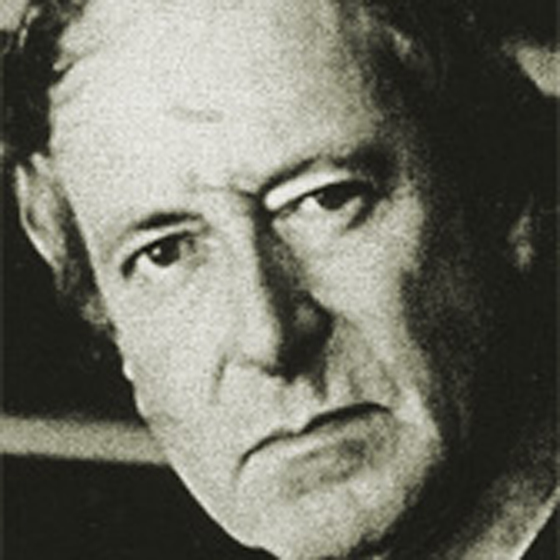The SongHall was saddened to learn of the passing of five-time Oscar-winning composer John Barry on Sunday. He was 77.
Born John Barry Prendergast, he recalled growing up “exposed to the fantasy life of Hollywood” at the eight theaters his father owned in Northern England. Barry, who was also the son of a classical pianist mother, was born in November 1933, and as a young child developed a strong proclivity for music. He learned both the piano and trumpet, and coincidentally, developed an abiding interest in films, claiming that he knew as a growing boy and young man that he wanted to be a film composer.
Barry enlisted in the British Army and during his tour of duty, furthered his interest and skills in music, by taking a correspondence course in composition and orchestration. Mustered out of the armed forces in 1957, he put his schooling to work by forming a rock and roll band, John Barry and the Seven. With a series of live and television performances under their belts, the band was signed by EMI’s Parlophone record label, which soon released a first album, The Big Beat, as well as various singles.
In 1962, the producers of the very first James Bond Movie, “Dr. No,” approached him with an offer to work on the project, and the initial Bond success soon led to additional assignments, specifically the next two James Bond films, “From Russia with Love” and “Goldfinger.” Both were major successes on the best-selling charts and led to Barry’s scoring of nine other James Bond films. No other composer scored more than one in the series.
Though his work on the Bond films is among his most famous, the English-born composer wrote a long list of scores. He was proud of writing both for big action blockbusters and smaller films.
Barry’s catalog included musical scores for such diverse motion pictures as “The Ipcress File,” “Born Free” and “The Lion in Winter.” For the latter two films, he won Oscars for “best original score,” as he also did later for “Out of Africa” and “Dances with Wolves.” The Oscar for “best original song” also went to “Born Free.” Later, his scores for “Chaplin” and “Mary, Queen of Scots,” were Oscar nominees.
In addition, Barry received four Grammy Awards, including “Out of Africa” for “best instrumental composition;” “Dances with Wolves” for “best instrumental composition written for a motion picture or for television;” “The Cotton Club” for “best instrumental performance, big band;” and “Midnight Cowboy” for “best instrumental theme.”
In an interview in 2008 with The Irish Times, Barry said his success “was not that difficult. If you hit the right formula, if you have an instinct for music, if you apply it, if you have the good fortune to meet with certain people who teach you well ... I didn’t find it all that difficult.”
Inducted into the Songwriters Hall of Fame in 1998, he is survived by his wife Laurie, his four children and five grandchildren.


